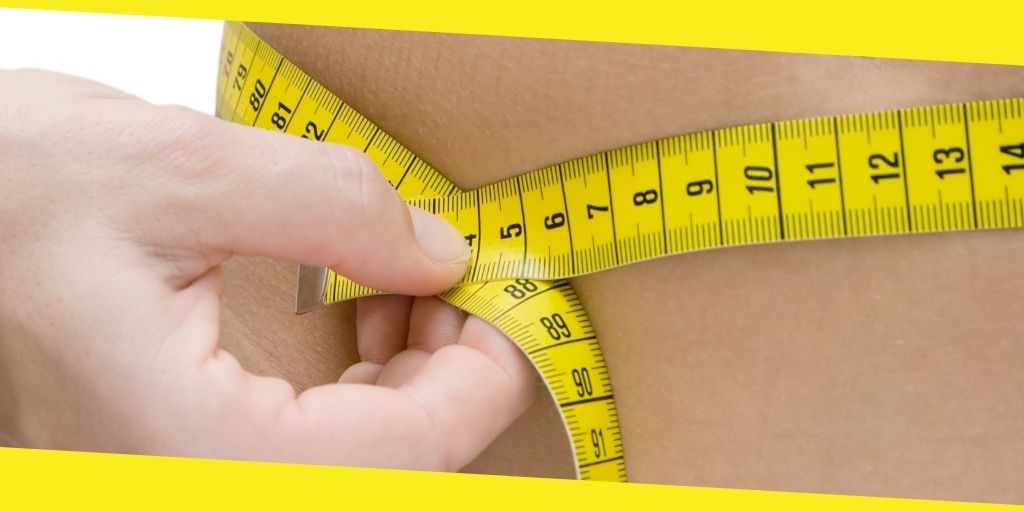Can CBD Help With Weight Loss?

CBD, otherwise known as cannabidiol, is one out of a hundred compounds extracted from the cannabis plant. Although CBD comes from the same plant as marijuana, it doesn’t induce intoxication. It has been carefully processed to remove THC, which is the addictive component of marijuana.
With all its promising benefits, it may not be surprising that CBD can also aid in weight loss. Burning fat is a lot convenient when prompted through this medical compound. The use of CBD for weight loss doesn’t only have scientific evidence, it also has research-driven claims.
CBD’s influence on the body is hugely due to how it affects the endocannabinoid system. This system responds to various physiological chemicals through two cannabinoids (CB) receptors: CB1 and CB2. To elaborate, CB1 are most dense in the brain and central nervous system, while CB2 are primarily in the immune system.
Keep on reading to know a few of CBD’s potential weight loss effects.
May Boost Metabolism and Reduce Food Intake
Research shows that CBD may minimize food intake and promote metabolism, which could boost weight loss.
For instance, animal studies show that CBD influences weight by prompting both CB1 and CB2 receptors in the lymphoid tissue and the brain. These receptors play a crucial role in metabolism and food intake. Additionally, in another rat study, CBD resulted in a reduction in food intake. While such results are promising, there are no adequate human studies that support these findings. Hence, more research is required.
Moreover, if you’re looking for quality CBD oils, SUPA Naturals have wide ranges readily available. Prior to purchasing one, learn about your preferences and speak to a physician to further educate yourself with its medicinal properties.
May Minimize Appetite
CBD has been claimed to help you lose weight by minimizing your appetite and, potentially, reduce cravings.
In a 2018 study, it was shown that CB1 receptor antagonists can manage both obesity and reduce appetite. CBD influences molecules to shut off the receptors completely which, consequently, switches down signals that affect your eating patterns.
The authors of the study likewise noted that the prompting of CB2 receptors reduces inflammation and food intake, which, possibly, aids in managing obesity.
In addition, you may start integrating CBD into foods and drinks. To note, people are starting to incorporate CBD-infused drinks for varying reasons. One common intention is due to taste preferences.

May Transform Bad Fat To Healthy Fat
There are two kinds of fat: white and brown. White fat, also known as adipose, is the type of fat that compounds energy, insulates, and shields your organs. Unfortunately, too much white fat is associated with an increased risk for heart disease, diabetes, and obesity.
On the other hand, brown fat is crucial for shedding off calories and warming the body. Brown fat cells may be a more active kind of fat.
People who are regarded as healthy have more brown fat than white fat. Consequently, you can convert white fat to brown fat by acquiring sufficient sleep, exercise, and via CBD.
Research found that CBD aids in the conversion of white to brown fat. The researchers reported that CBD contributes to how the body responds to fat. Likewise, it prompted the body to use and shed fats more efficiently. Despite these notable benefits, more studies in humans have to be accomplished.
Bottom Line
Weight management has been a hot topic for many individuals. Gladly, through growing research, press exposure, and credible reviews, CBD has become a popular product for consumers who seek its benefits, including weight loss.
Significantly, before you purchase CBD, consult your physician regarding the right dosage to relish and witness its perks.
Recommended For You
How Long Does Laser Last?
Most Inside
Most Inside offers high-quality recommendations and valuable updates to enhance all aspects of your life, providing premium guidance and enriching experiences.




